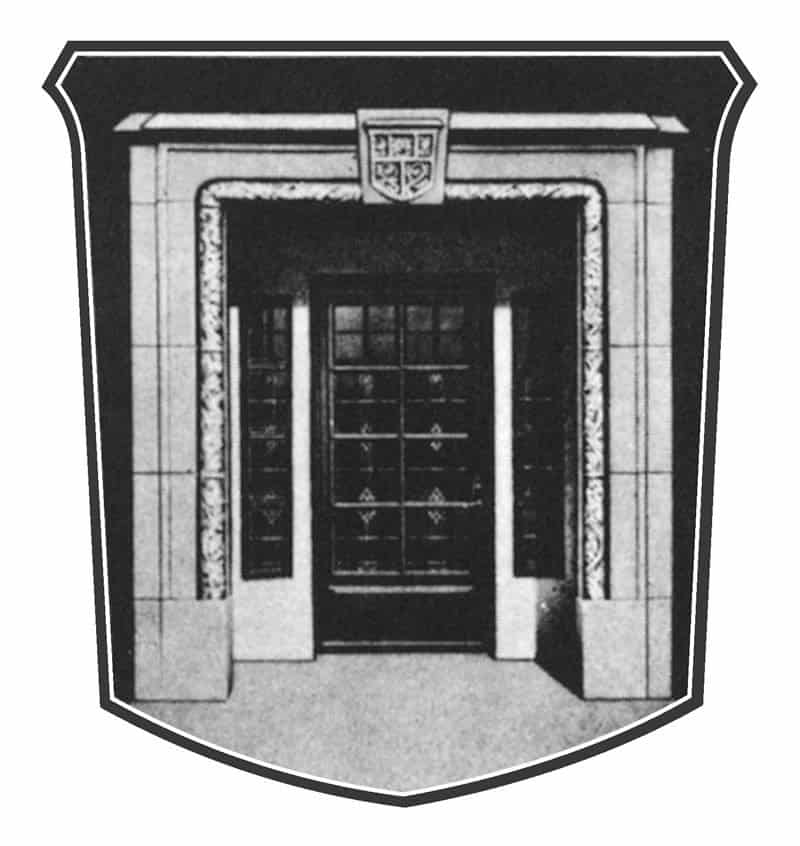By Dr. Royal Lee
 Summary: One of the truly perplexing assumptions of conventional nutrition is that industrially refining and processing a food has minimal effect on the food’s nutritional value. Look through the history of scientific studies on diet and health, and rarely will you find a distinction made between pasteurized and raw milk, bleached and unbleached flour, refined and unrefined vegetable oil. Yet the chemical and thermal mauling of the food supply is precisely at the root of our ill health, writes Dr. Royal Lee in this 1961 manifesto of holistic nutrition. The reason for mainstream nutrition’s blind spot when it comes to food processing, Dr. Lee explains, is its tendency to view foods solely in terms of calories—the measure of how much fuel a food supplies. Because processing and refining do not tend to alter the caloric content of foods, we have allowed uncontrolled damage to be done to the foods’ noncaloric elements—the vitamins, minerals, and countless other known and unknown cofactors that spur the thousands of biochemical reactions required to repair and sustain the body. The result of this destruction is a sea of “foodless calorie products” that, while giving the illusion of sustenance, fail on the most basic level to sustain human health. From Natural Food and Farming, 1961. Lee Foundation for Nutritional Research reprint 30H.
Summary: One of the truly perplexing assumptions of conventional nutrition is that industrially refining and processing a food has minimal effect on the food’s nutritional value. Look through the history of scientific studies on diet and health, and rarely will you find a distinction made between pasteurized and raw milk, bleached and unbleached flour, refined and unrefined vegetable oil. Yet the chemical and thermal mauling of the food supply is precisely at the root of our ill health, writes Dr. Royal Lee in this 1961 manifesto of holistic nutrition. The reason for mainstream nutrition’s blind spot when it comes to food processing, Dr. Lee explains, is its tendency to view foods solely in terms of calories—the measure of how much fuel a food supplies. Because processing and refining do not tend to alter the caloric content of foods, we have allowed uncontrolled damage to be done to the foods’ noncaloric elements—the vitamins, minerals, and countless other known and unknown cofactors that spur the thousands of biochemical reactions required to repair and sustain the body. The result of this destruction is a sea of “foodless calorie products” that, while giving the illusion of sustenance, fail on the most basic level to sustain human health. From Natural Food and Farming, 1961. Lee Foundation for Nutritional Research reprint 30H.
